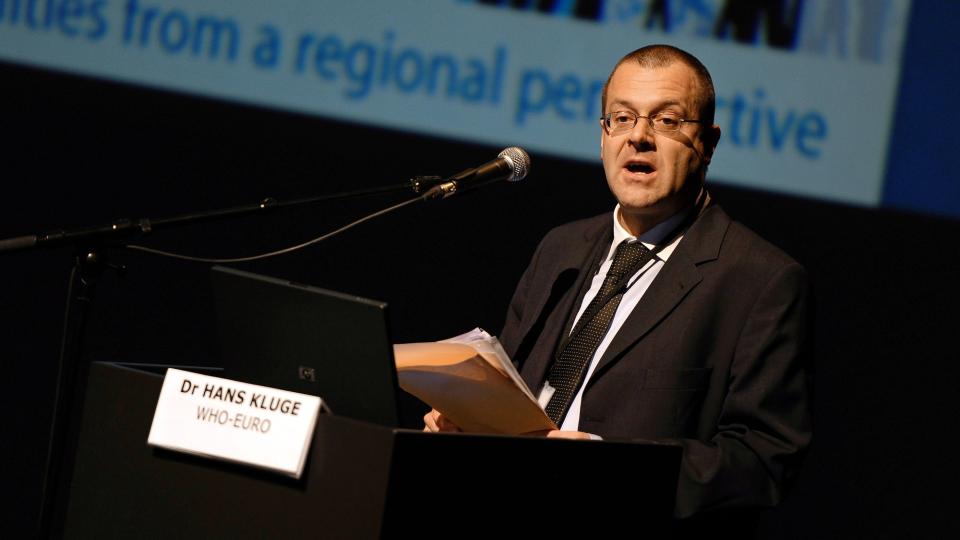A World Health Organization (WHO) official emphasized on Tuesday that mpox, regardless of its strain, should not be viewed as the next COVID-19, as health authorities have established effective measures to manage its spread.
“We can and must tackle mpox together,” stated Hans Kluge, the WHO Regional Director for Europe, during a media briefing at the United Nations. He urged for a proactive approach, saying, “Will we implement the systems necessary to control and eliminate mpox globally, or will we fall into another cycle of panic and neglect? Our response now and in the coming years will be a critical test for Europe and the world.”
Mpox, a viral infection characterized by pus-filled lesions and flu-like symptoms, typically presents mild cases but has the potential to be fatal. The clade 1b variant has raised international concerns due to its apparent increased transmissibility through routine close contact.
Recently, a case of the clade 1b variant was confirmed in Sweden, linked to a growing outbreak in Africa, marking the first evidence of its spread outside the continent. Following the identification of this new variant, the WHO declared the recent outbreak of mpox a public health emergency of international concern.
Kluge noted that focusing on the new clade 1 strain will also bolster efforts against the less severe clade 2 strain, which has been spreading globally since 2022. This approach will enhance Europe’s response through improved health guidance and surveillance. Currently, about 100 new cases of the clade 2 strain are reported in the European region each month.
Mpox primarily spreads through close physical contact, including sexual activity, but, unlike COVID-19, there is no evidence suggesting it is easily transmitted through the air.
Health authorities remain vigilant and adaptable in case new, more transmissible variants emerge or if transmission methods change. However, WHO spokesperson Tarik Jasarevic indicated that there are currently no recommendations for mask-wearing in response to mpox.




